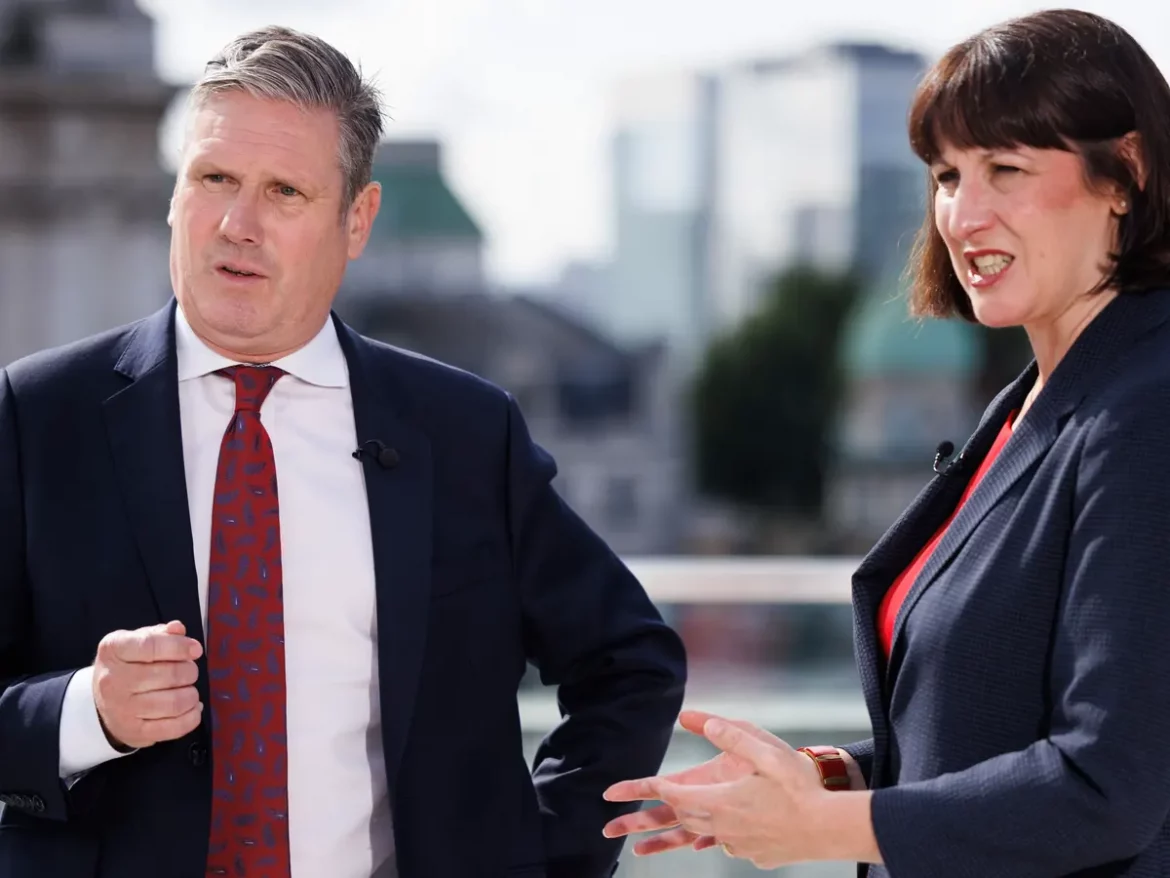Party sources have said that Keir Starmer and Rachel Reeves are ditching Labour’s flagship policy pledge to spend £28bn a year on green investment.
The sources said that the party would keep the core mission of investing in green infrastructure, as well as already announced plans such as the creation of GB Energy, a publicly owned clean energy company, and a mass home insulation programme.
But it will in effect cut its green ambitions by about two-thirds, given that the previously announced schemes are set to cost just under £10bn a year by the end of the parliament.
The change, after a spate of recent government attacks portraying the £28bn figure as a likely tax rise, has been pushed for by key figures around Starmer including Morgan McSweeney, Labour’s director of campaigns, and Pat McFadden, the party’s campaigns coordinator.
Read also: Shell to increase dividends again despite 30% fall in annual profits
In several media interviews after speeches by Reeves and Starmer to a conference in London attended by hundreds of business executives, the shadow chancellor was repeatedly asked about the £28bn figure and declined each time to back it.
When he was asked 10 times during an interview with Sky News, Reeves said of the plan: “I think what people need to know is that the fiscal rules are the most important thing for me … I know the importance of economic and fiscal stability and that will always come first.”
One shadow minister said: “The £28bn is definitely going as a figure. It will be changed to specific outcomes linked to specific investment, rather than being a random figure to be allocated at a later date.”
In a sign of how Starmer is likely to frame the decision, the source added: “It was always meant to be formally allocated before the general election, so this isn’t such a major departure really. It’s being firmed up, not dropped.”
While scaling back the green prosperity plan has been under consideration for some weeks, dropping the £28bn annual target, unveiled with great fanfare by Reeves at the Labour conference in 2021, would be politically risky for Starmer and his team.
Story was adapted from the Guardian.
